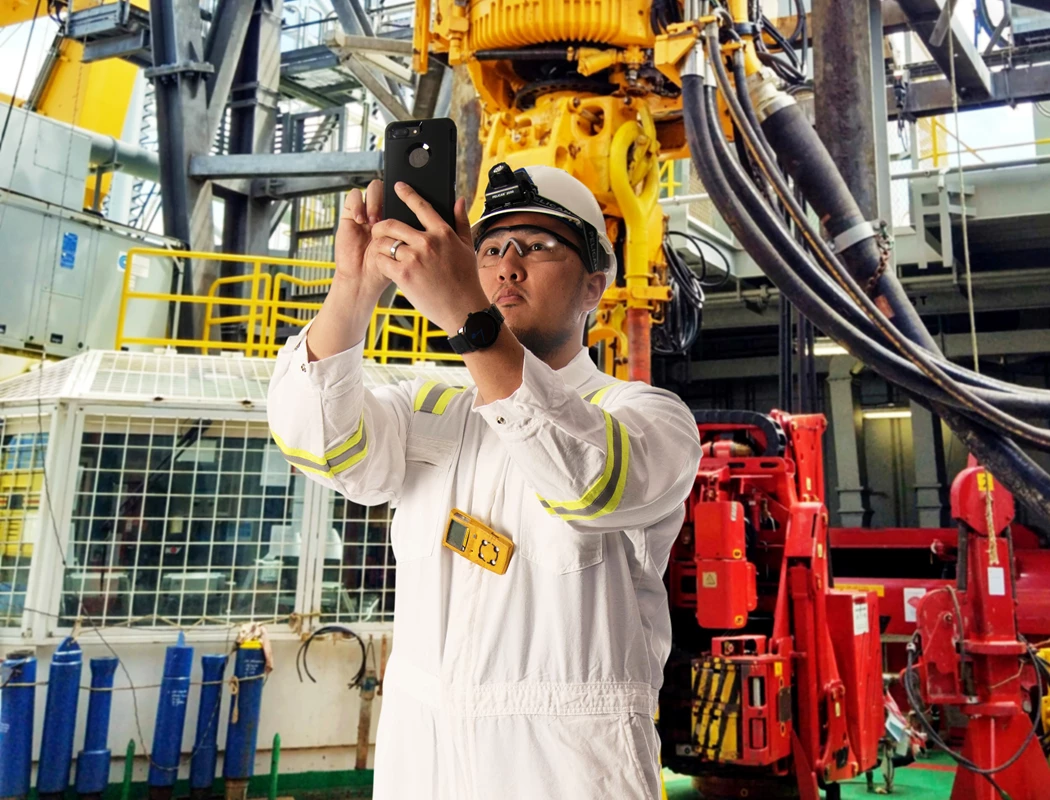Accelerating the digital transformation of shipyards via technology qualification
The use of new technologies is driving shipyard production into new, exciting and sometimes unfamiliar frontiers, expanding across the use of technology such as AR/VR, 3D plan review, simulation and modelling, digital twins and other tools.
The increasing application of such digital processes, including the certification of new technologies, can be supported by class.
The need to drive safety and quality as part of this technology revolution creates a demand among vessel designers and shipyards for validation and certification of digital processes.
It also enables class and yards to better co-ordinate their workstreams, potentially changing the physical touchpoints during construction and providing the standards for data flows that support digital class and remote technology during a vessel’s operational life.
Qualification of technology during construction builds a set of standards and a framework that allows class to collect more of the key data that promotes not just next level efficiency but safety too.
Fundamental to this approach is class guidance which introduces the process to recognise shipyards utilising and incorporating smart technologies into their operational processes.
Examples include the pioneering work by ABS and Seatrium integrating smart functions into the world’s first smart LNG bunkering vessel FueLNG Bellina, equipped with Seatrium’s proprietary AssetCare Digital Solution.
The same philosophy powers a joint development project between ABS and Nakilat-Keppel Offshore & Marine Ltd examining how remote survey of vessels in service can be applied to surveys and inspections in the shipyard.
To help more shipyards understand how to embrace smart technologies, ABS Guide Smart Technologies for Shipyards lays out a Smart Technology Certification Framework, providing guidelines for shipyards to demonstrate the integration of qualified Smart Technology into their operational processes.
One of the challenges faced by industries undergoing digital transformation is that technologies often develop faster than the codes or regulations that govern them.
In many cases, new technologies have little or no precedent in their target application and may drastically alter the way a certain process or activity has been done for decades.
The lack of service history and successful real-world demonstrations raises questions about the technology’s readiness, maturity, and safety.
The qualification process addresses these concerns by demonstrating to potential end users - and the industry as a whole - that all risks associated with the technology’s implementation have been systematically reviewed and maturity has been verified.
ABS’ Technology Qualification process, included in the Smart Technology Guidance, confirms the ability of a new or existing technology to perform its intended functions in accordance with defined performance requirements.
Digitalisation of shipyards continues to accelerate as builders seek to capitalise on technologies that can help them improve design and fabrication and enhance operational health and safety.
The implementation of these smart technologies can enable new and more efficient ways of working providing that the risks they present can be identified and mitigated.
Qualification and/or certification of technologies by an independent third-party has played an important role in the digital transformation of other industries, including the shipping and offshore sectors.
It demonstrates a level of feasibility and maturity in order to gain a competitive advantage with customers, partners, and other stakeholders.
Additionally, it provides regulatory agencies with confidence that any hazards and/or risks associated with the introduction of the proposed technology have been systematically reviewed, and that appropriate mitigation measures have been put in place.
This combination of technology assessment and regulatory oversight provides tangible dividends for shipyards keen to improve their performance, and shipowners looking to manage the safety of transition technologies.
It is clear new technologies and the increased use of data can support sustainability as well as create efficiencies; they can also help class and owner optimise the survey process - during construction and afterwards - leveraging technology beyond asset production and in support of the class process.
KEEPING THE ENERGY INDUSTRY CONNECTED
Subscribe to our newsletter and get the best of Energy Connects directly to your inbox each week.
By subscribing, you agree to the processing of your personal data by dmg events as described in the Privacy Policy.















